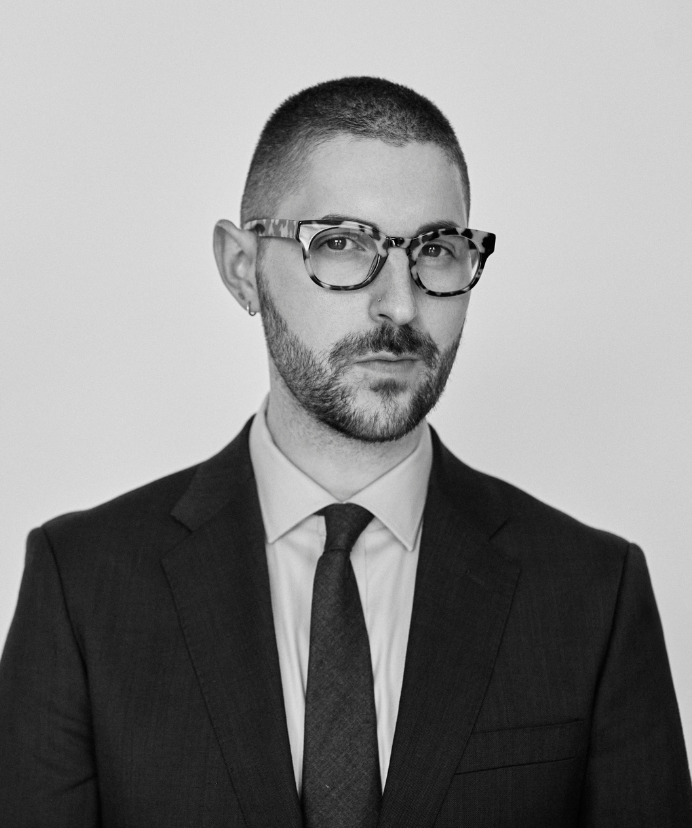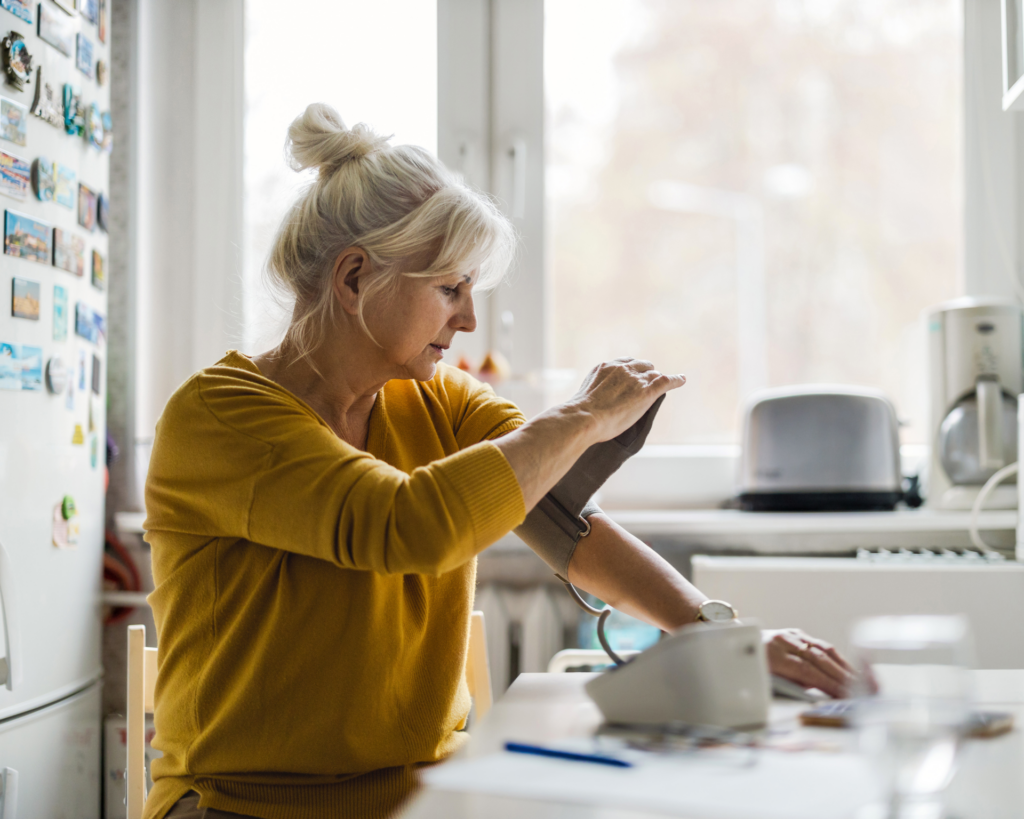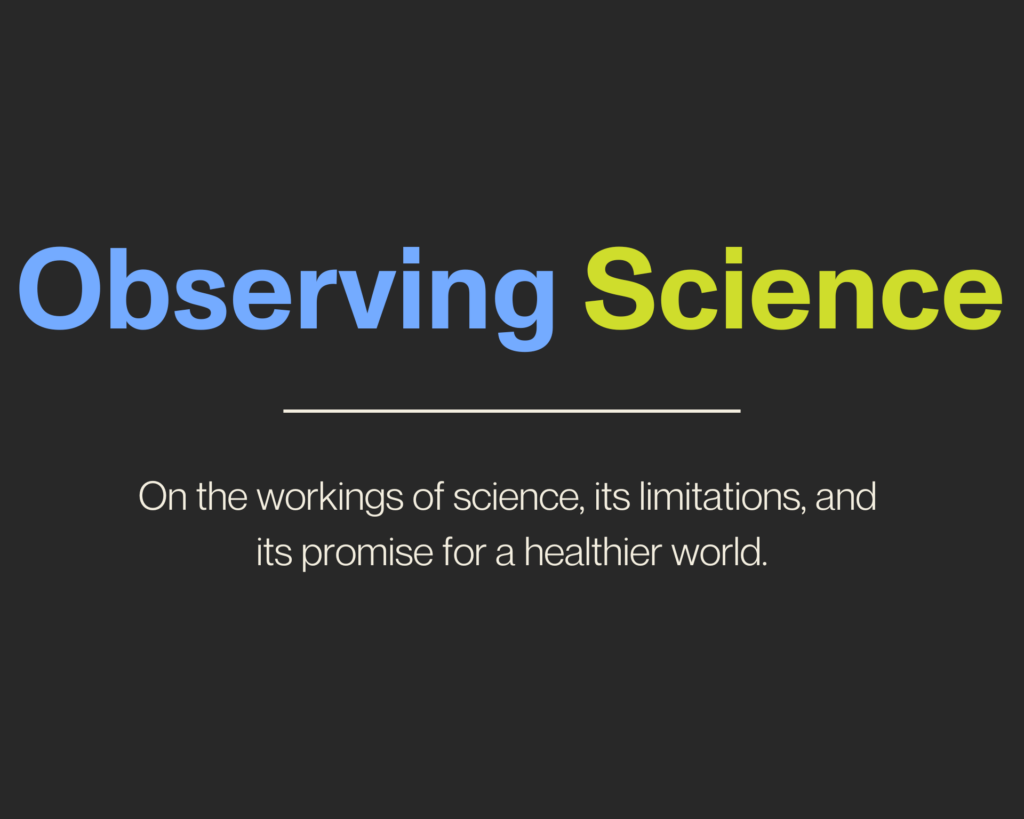Uganda’s Stonewall: The Fight for Human Rights
Even though Uganda repealed its Anti-Homosexuality Act, the act codified homophobia and fostered violence, stigma, and discrimination against LGBT Ugandans.

Read Time: 7 minutes
Published:
Isaac sits in a botanical garden sipping a mango juice, often turning to see who is behind him when a waiter walks nearby. His eyes begin to fill with tears as he recalls fleeing from southwestern Uganda to Rwanda as a refugee. After the Ugandan government passed the Anti-Homosexuality Act, Isaac lost his job as a radio and television journalist because the station learned of his bisexuality. Journalists outed him in local newspapers and radio stations.
In February 2014, Ugandan President Yoweri Musevini revised the penal code and signed the Anti-Homosexuality Act into law, which criminalized same-sex consensual acts between adults, and promotion of homosexuality. The Act also criminalized “a person who keeps a house, room, set of rooms, or place of any kind for purposes of homosexuality” and categorized same-sex acts between HIV-positive people as “aggravated homosexuality.” Those charged with aggravated homosexuality were described as “serial offenders” to be sentenced to life in prison.
The Netherlands, Norway, Denmark, the World Bank and the U.S. withdrew foreign aid to Uganda in response. In August 2014, a Ugandan court repealed the Act, stating that Parliament passed the law without proper quorum. Even though the government repealed the Act, it codified homophobia and fostered violence, stigma, and discrimination against LGBT Ugandans.
“When you talk about homophobia, I feel like crying because homophobia is everywhere,” Isaac said. “Homophobia, it has separated us in our families, in our work places, and even in our religion. When you go [out] in public, you may not survive. To me, it is the worst thing in Uganda both from local to national.”
“Homophobia, it has separated us in our families, in our work places, and even in our religion. When you go [out] in public, you may not survive. To me, it is the worst thing in Uganda both from local to national.”
In Rwanda, the United Nations High Commissioner for Refugees advised Isaac to find alternative housing because of the stigma and discrimination against LGBT refugees within the camps. Once Isaac found housing outside of the refugee camp, his landlord evicted him after learning of his sexual orientation. Several of his other gay and bisexual friends fled from Uganda to refugee camps in Kenya to escape the violence and homophobia stemming from the Anti-Homosexuality Act.
“Sometimes, because of stress and hopelessness, they keep on fighting themselves and killing themselves,” Isaac said. “So far, we have so many bodies carried from Kenya to come to bury here. That [law], it has caused so many families to lose their loved ones because of their sexual orientations. That I may say with vigor, with the cry from the bottom of my heart.”
Like Isaac, journalists outed Brian in national newspapers during the implementation of the Anti-Homosexuality Act. He also sought refuge in Rwanda, and the criminal investigative department in a local police station interrogated him several times about his advocacy. Brian and Isaac helped to establish a civil society organization to address the health and human rights needs of local men who have sex with men (MSM).
“When we go into the community, we know our needs,” Brian said. “We know for us we are specifically working on LGBTI persons. That’s what we do. We mobilize for them, and then we offer services. Services range from so many things. It can be access to information, it can be getting yourself tested, knowing your rights.”
Joseph also joined the organization to find a place to share experiences with other MSM and to understand one another. He noticed how MSM would self-medicate when they did not have access to MSM-friendly healthcare providers.
“Gays, they try to medicate themselves or they go to some private clinics,” Joseph said. “At times, people get some herbs and take them to feel comfortable.”
The organization provides condoms, safe-sex education for HIV prevention, and HIV testing. If MSM test HIV-positive, they refer them to MSM-friendly providers at private clinics. Historically, communities of gay and bisexual men infected and affected by HIV have been first responders to the epidemic. Whether in New York City or Kampala, these communities designed culturally-conscious programs for HIV prevention, testing, and treatment.
Despite progress in responding to the epidemic at the community level, Brian sees how HIV-related stigma and discrimination affects MSM. Testing HIV-positive is highly stigmatized within the Ugandan MSM community.
“Within the community itself, especially within the LGBT community, testing positive, wow, you will be on top of everyone’s lips,” Brian said. “So, you’d rather hide your status so that other people don’t know it. Testing positive is like you’re going to spread HIV to everyone. Within the community ourselves, we still have stigma. There are still unresolved issues within the community itself.”
Historically, communities of gay and bisexual men infected and affected by HIV have been first responders to the epidemic. Whether in New York City or Kampala, these communities designed culturally-conscious programs for HIV prevention, testing, and treatment.
The HIV prevalence in Uganda is 6.5%, but 13.2% of Ugandan MSM are infected with HIV. Isaac understands how the virus disproportionately affects his community because of political, economic, social, and biologic determinants of vulnerability.
“HIV in men who sleep with men is rampant,” Isaac said. “They fear to know their status. Secondly, they don’t want to know their status because most men who are sleeping with men are sex workers. It is their job. That is where they earn money for a living. They fear that once they know that they are sick, that means they are going to lose clients.”
Many Ugandan MSM have not had safe sex education to learn best practices for preventing HIV, like wearing condoms. Similarly, many Ugandan healthcare providers have not had adequate training to sensitize MSM on HIV prevention, testing, and treatment. Isaac knows the high HIV prevalence in his community is related to poverty, too.
“People here who are sick and they sleep with men are poor,” Isaac said. “They don’t want to go to the hospital to give them drugs because they may not afford a glass of juice to swallow their medicine. They may not get enough food. They may not get enough shelter to survive. Those are the reasons. People are dying silently because of all those challenges.”
Daniel also joined the organization through a friend at work to access safe-sex education and MSM-friendly HIV testing. If he could do anything to help the Ugandan LGBT community, it would be to have stopped legislatures from passing the Anti-Homosexuality Act in the first place because of the segregation and discrimination that followed.
“There are many LGBTI persons, but they cannot come out because of the consequences that may arise,” Daniel said. “They are living under the shadow.”
The names of informants have been changed and the name of the LGBT civil society organization has been excluded to protect their safety. You may also read parts one, two, three, and four of Nick’s series about LGBT health in Senegal and his reporting on LGBT health in Nigeria for Public Health Post.
Feature image: trust.org, 02, On Saturday August 8 members of the lesbian, gay, bisexual and transgender (LGBT) community in Uganda celebrate Gay Pride near the capital Kampala, used with permission. © Thomson Reuters Foundation. All rights reserved.



